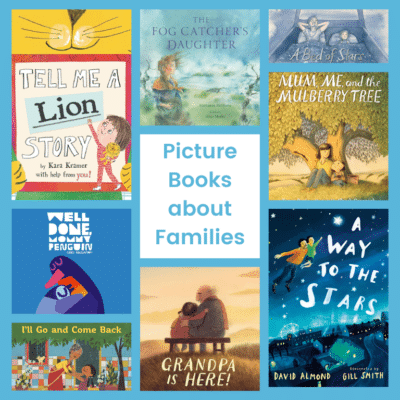How I Got Caught in a Brainstorm
I keynoted the Colorado Association for the Gifted Conference a couple of years ago, and Dan Siegel was the other keynote speaker. I’m a sucker for neuroscience (sooooo easily distracted by shiny neurons), and he was captivating. He talked about his book, Brainstorm, and I finally ordered and read it.
What I liked:
Siegel knows his stuff, and he knows how to share it. He’s an engaging author, and I read the book quite quickly, even though it’s densely packed with information.
His explanations of the strengths of the teenage brain are compelling. They’re a much-needed defense in a world that is dismissive of those whose prefrontal cortices are still developing. I particularly loved his explanations of why these are strengths. As a high school teacher, I think this book is a must-read for those who work with adolescents.
There’s a terrific explanation about all of these things:
- why teens take risks
- why hyper-rationalizing can be dangerous
- why you benefit from a developing prefrontal cortex
- how to balance risk-taking with helpful behavior
- how to handle emotions
- why your emotions can feel out of control
- how to manage your mind with specific tools
- how and why we attach to people/places/thing
- fundamentals of neurobiology
What I could have lived without:
This won’t be an issue for everyone, but we’re a deeply religious family, and I was put off by some of the content that was absolutely not the way we would approach it in our family. I felt like Siegel was somewhat dismissive of parents and used an especially stereotypical viewpoint in one particular section.
It’s hard for me to explain, but he definitely has his own agenda that comes through pretty clear. I wouldn’t have my teen read it without discussing where we differ from his viewpoints about sex, alcohol, and other things.
I also didn’t care for the drawings, although that’s simply a personal preference.
The Point of View
The book is written for a dual audience: owners of teenage brains and wranglers of teenage brains (parents and teachers). Siegel does a great job of balancing this duality, and the book is quite readable.
Worth Reading Rating: 4
You can learn more about my Worth Reading Rating System here.

(Note: this post contains affiliate links, which means I receive a few pennies if you make a purchase using the link, but it doesn’t cost you anything.)




